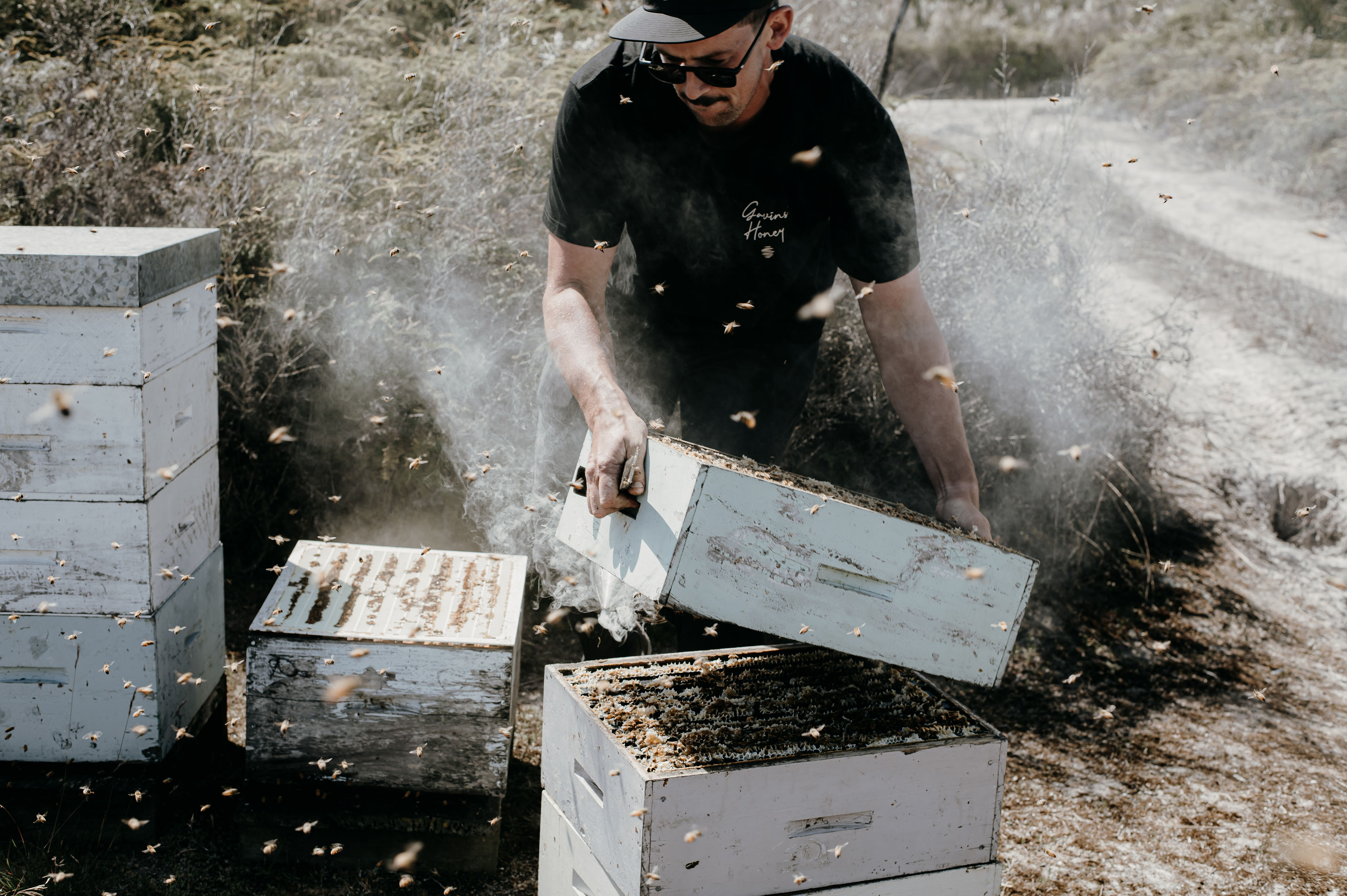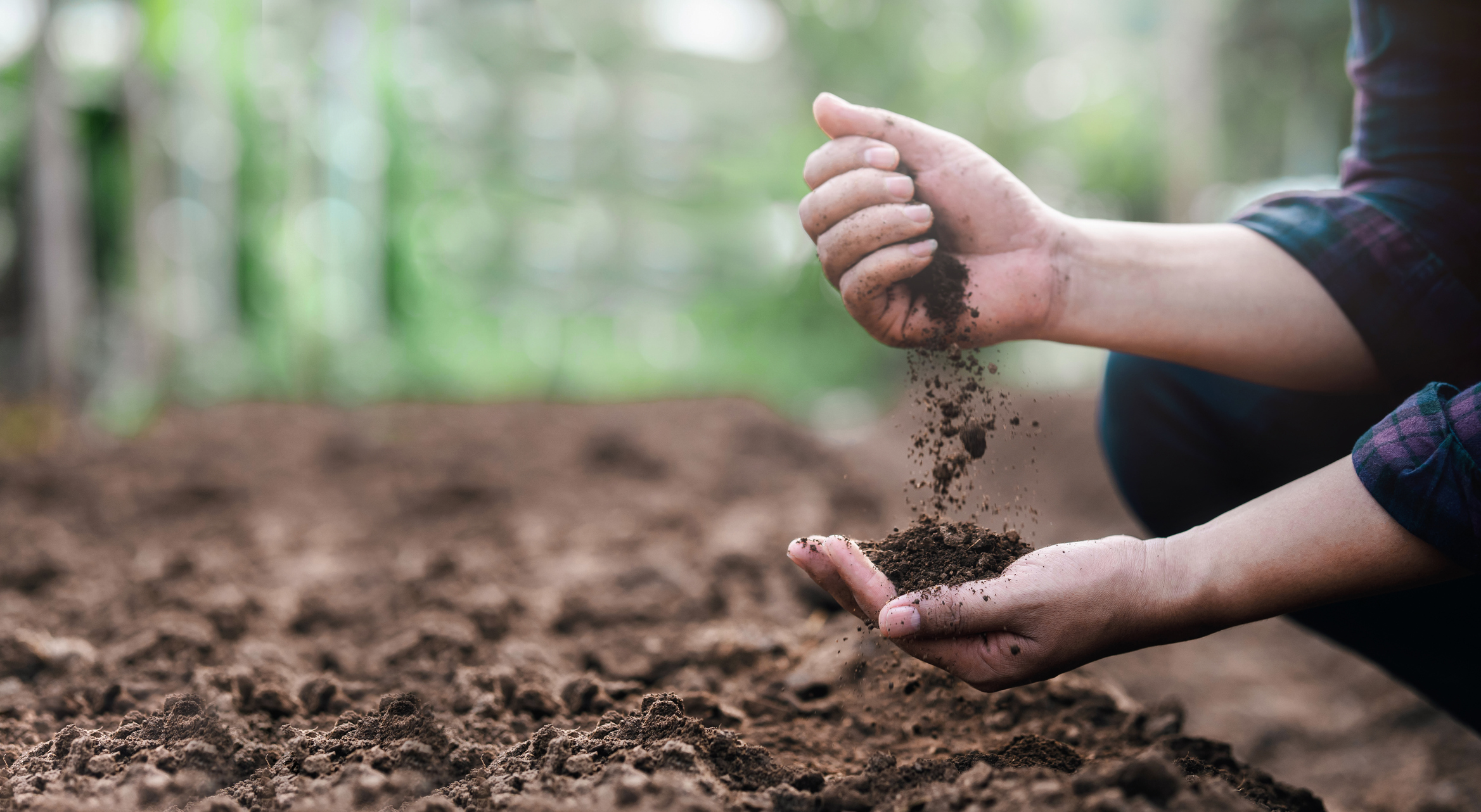Wine and Beverage Testing
Hill Labs offers you a suite of testing for every stage in wine production. We specialise in wine export analysis and have a number of other related analyses to meet all major winery testing needs.
Wine and Beverage Testing
Hill Labs offers you a suite of testing for every stage in wine production. We specialise in wine export analysis and have a number of other related analyses to meet all major winery testing needs.
Grapevine leaf-roll associated viruses 2 and 3 are harmful pathogens that spread rapidly in vineyards through insect vectors, particularly mealy bugs. These viruses significantly reduce the commercial lifespan of infected vines by degrading fruit quality and overall vine performance, especially in red wine grape varieties.
To combat this, the New Zealand Winegrowers Grafted Grapevine Standard mandates that nurseries test their source material for Grapevine Leafroll-Associated virus 3 (GLRaV-3). Only virus-free material is allowed for grafting and certification under this program. Hill Labs provides testing for both GLRaV-2 and GLRaV-3 using the Enzyme Linked Immuno-Sorbent Assay (ELISA) method, ensuring the detection and management of these viruses.

Soil tests measure only a fraction of the total pool of nutrients available to plants (immediate and long term) so it is important that standard New Zealand methods of sampling and soil analysis are used so the results are meaningful and can be related to plant growth under New Zealand conditions.
Plant analysis is a valuable diagnostic and monitoring tool that should be used to complement soil analysis. A soil test shows what soil nutrients are available to the crop, while a plant test shows what nutrients the crop has actually taken up. In this way, plant tests provide a more reliable assessment of crop nutrient status. In the case of grapes, leaf/petiole tests at flowering provide a ‘snapshot’ of leaf nutrient levels and nutrient translocation at flowering. However, leaf and/or petiole testing at flowering cannot be used to predict the adequacy of nutrient supply during the fruit ripening period, where moisture stress is likely. In this instance, leaf blade testing at veraison is used to indicate vine nutrient status in the lead up to grape berry ripening.
Testing wine composition for key aromatic compounds such as thiols, 4EG (4-Ethylguaiacol), 4EP (4-Ethylphenol), and methoxypyrazines is necessary as these compounds play a significant role in the sensory profile of wine, influencing its aroma and flavour.
At Hill Labs, our wine export testing services are designed to meet the standards of international markets, including the EU and Brazil. We work closely with NZ Winegrowers and Ministry for Primary Industries (MPI) to ensure our testing procedures align with the latest regulatory requirements. Our accredited laboratory provides analysis to verify that your wine complies with necessary import regulations, helping you navigate the complexities of global markets with confidence.
Latest Stories



What our customers have to say
"We've always found them to be responsive in getting results back and giving advice on problems we might be facing."
"We strongly recommend Hill Labs as a sound testing service provider to the honey industry."
"Their sample registration system has made things simple and seamless - collect, scan and send!"
Accreditations
As a New Zealand accredited laboratory by International Accreditation New Zealand (IANZ), Hill Labs' commitment to quality is tantamount to our overall operating philosophy. We pride ourselves on the quality of our work.